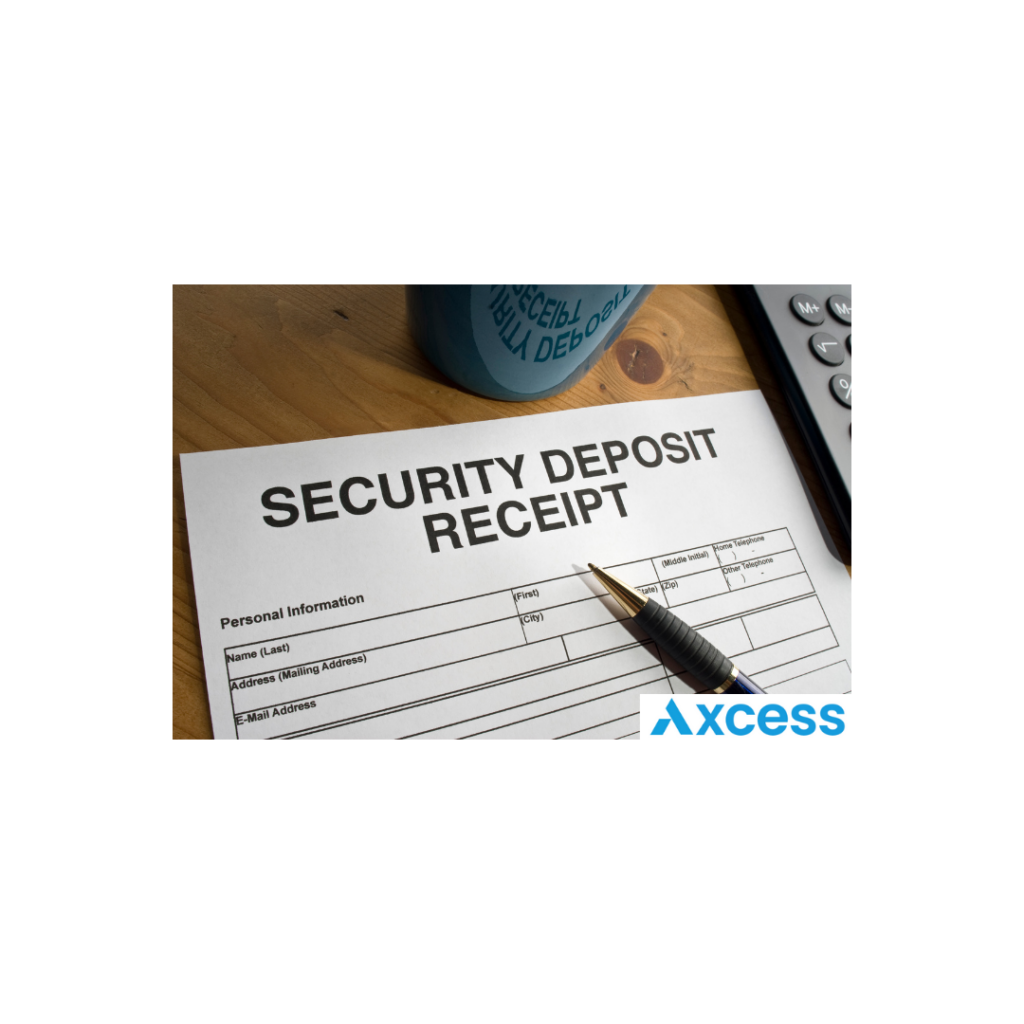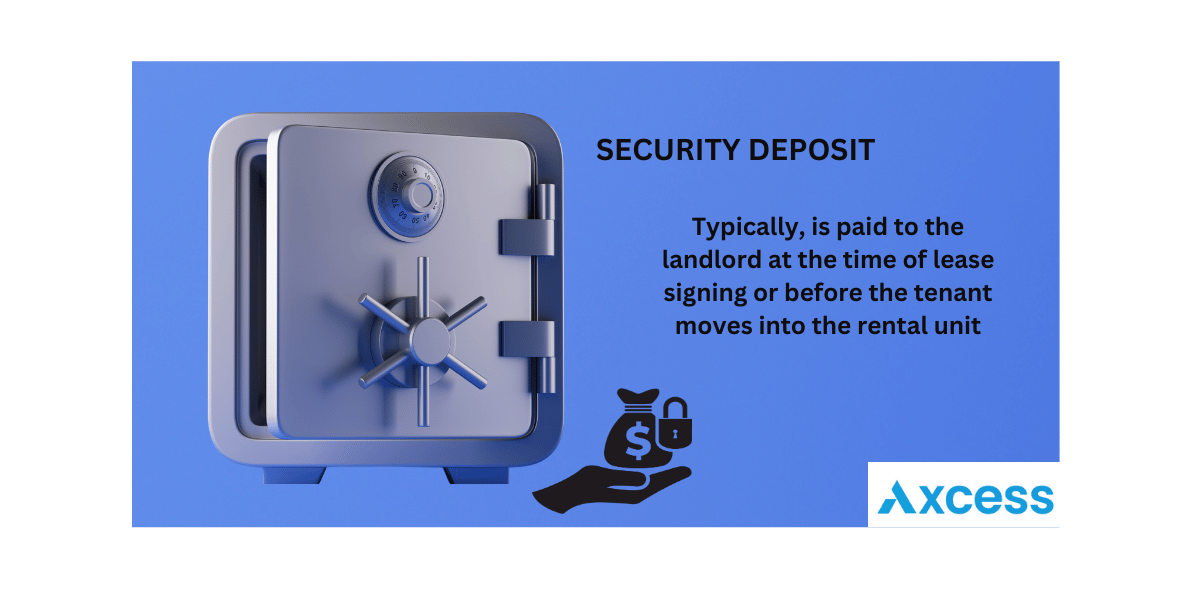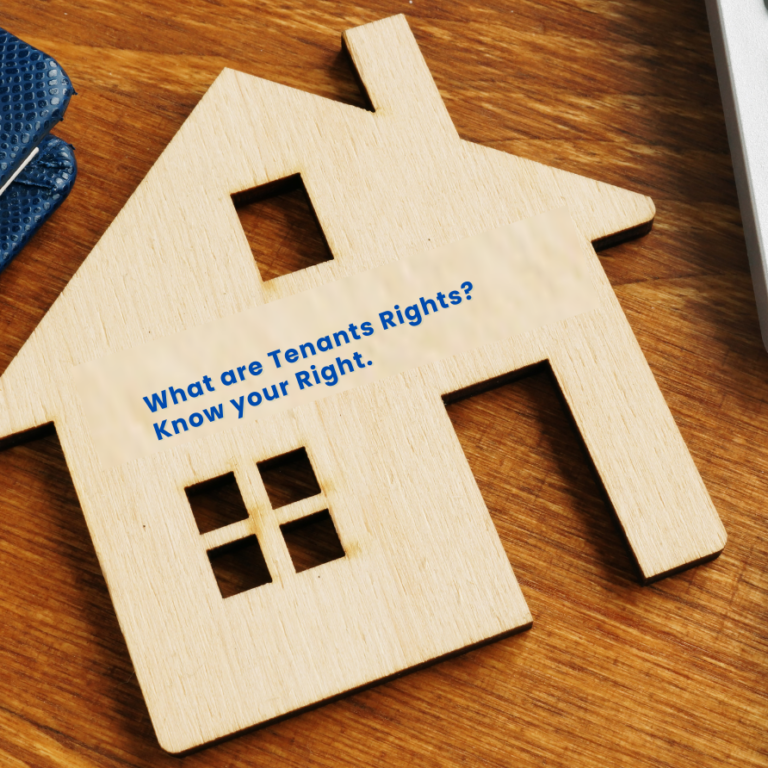Understanding Security Deposits: A Comprehensive Guide for Renters
Rent Security Deposits Explained: A Complete Guide for Renters
Purpose of the Guide: This comprehensive guide offers a clear and concise overview of security deposits for renters, their role in rental agreements, and the rights and responsibilities of both tenants and landlords.
Importance: A thorough understanding of security deposits is crucial for new renters. By familiarizing yourself with the relevant laws and regulations, you can protect your financial interests, avoid potential disputes, and ensure a smooth rental experience.
What is a Security Deposit?
Definition: A security deposit is a financial guarantee that a tenant provides to a landlord at the commencement of a rental agreement. It serves as a safeguard against potential losses incurred by the landlord due to the tenant’s failure to fulfill their lease obligations.
Purpose: The primary purpose of a security deposit is to mitigate the risk of financial damages to the landlord. It can be used to cover the costs of repairs, unpaid rent, or other expenses resulting from the tenant’s breach of the lease agreement.
The Origins of Security Deposits: A Historical Perspective
The concept of security deposits can be traced back to ancient civilizations, where landlords often required tenants to provide a form of collateral to ensure the property’s safekeeping and return. This practice was rooted in the desire to protect property rights and mitigate financial risks.
Early Civilizations: In ancient Rome, for example, landlords would sometimes demand a “pignus,” a physical object of value, as security for a lease. This practice was similar to modern-day collateral, where a valuable asset is pledged as a guarantee for a loan.
Medieval Europe: During the Middle Ages, landlords in Europe often required tenants to provide a “caution,” a sum of money or goods, as a security deposit. This practice was particularly common in urban areas where property was valuable and the risk of damage or non-payment was higher.
Colonial America: In colonial America, landlords frequently demanded a “security,” which was typically a sum of money or goods, from tenants. This practice was influenced by English common law and was used to protect landlords from financial losses due to tenant misconduct or non-payment.
Evolution Over Time: As societies evolved and economies grew, the practice of security deposits became more formalized and standardized. Laws and regulations were introduced to protect tenants’ rights and ensure fair practices. Today, security deposits are a common feature of rental agreements worldwide, serving as a financial safeguard for both landlords and tenants.
How Security Deposits Work
Payment and Usage
Return of the Security Deposit
The process for returning the security deposit to the tenant at the end of the lease term varies by jurisdiction. However,common practices include:
- Inventory Inspection: The landlord typically conducts a final inspection of the rental unit to assess any damage or wear and tear.
- Deductions: If the landlord finds any damage or unpaid rent, they may deduct the necessary costs from the security deposit.
- Return of Surplus: Any remaining balance of the security deposit should be returned to the tenant within a specified timeframe, often 30 days after the lease ends.
- Itemized Statement: The landlord must provide the tenant with an itemized statement detailing any deductions made from the security deposit.
Legal Aspects of Security Deposits
Laws and Regulations
The laws and regulations governing security deposits vary by jurisdiction. It is essential for both landlords and tenants to familiarize themselves with the specific requirements in their area. These laws may address:
- Maximum Deposit Amounts: Some jurisdictions set limits on the amount of the security deposit that can be charged.
- Interest on Deposits: In certain cases, landlords may be required to pay interest on the security deposit.
- Escrow Accounts: Some laws mandate that landlords hold security deposits in escrow accounts to ensure their safety and proper use.
- Return Procedures: The laws may outline specific procedures for returning security deposits, including deadlines and itemized statements.
Limits and Restrictions
Essential Things Renters Need to Know About Rent Security Deposits
Before Signing the Lease
- Understand the Amount: Clearly understand the amount of the security deposit being requested and ensure it complies with local laws and regulations. Quickly google search.
- Review the Lease: Carefully review the lease agreement to understand the terms and conditions related to the security deposit, including how it will be held and returned.
- Ask Questions: Don’t hesitate to ask the landlord or property manager any questions you have about the security deposit, such as how it will be used and what constitutes damage.

Make sure you ask for a Security Deposit ReceiptDuring the Lease
- Maintain the Property: Take good care of the rental property to minimize potential damage and avoid disputes over the security deposit.
- Report Issues Promptly: If you notice any damage or maintenance issues, report them to the landlord or property manager promptly to prevent the problems from worsening.
- Document Everything: Keep records of all communications, repairs, and inspections related to the rental property.This documentation can be valuable in case of disputes.
Getting Your Deposit Back
- Conduct a Final Inspection: Before moving out, conduct a final inspection of the rental unit with the landlord or property manager. Document any existing damage or wear and tear.
- Request a Return: After the lease ends, formally request the return of your security deposit. Provide any necessary documentation, such as receipts for repairs or improvements.
- Follow Up: If you don’t receive your deposit within the required timeframe, follow up with the landlord or property manager. Be persistent and polite in your communication.
Common Issues and Disputes
Typical Problems
- Disputes Over Damages: One of the most common issues is disagreements over the extent of damage caused by the tenant and the appropriate deductions from the security deposit.
- Unjustified Deductions: Landlords may sometimes make unjustified deductions from the security deposit, claiming excessive wear and tear or damage that was not caused by the tenant.
- Delayed Returns: Landlords may delay returning the security deposit, often citing reasons such as unpaid rent or outstanding repairs.
Resolution
- Communication is Key: If you have a dispute with your landlord regarding the security deposit, open and honest communication is essential. Try to resolve the issue amicably through discussion and negotiation.
- Mediation or Arbitration: If you are unable to reach an agreement with your landlord, consider mediation or arbitration as alternative dispute resolution methods. These processes can help you resolve the dispute without resorting to litigation.
- Legal Action: In some cases, it may be necessary to take legal action to recover your security deposit. Consult with an attorney to discuss your options and determine the best course of action.
Best Practices for Renters
Documentation
Communication
Resources
Further Reading
Templates
Conslusion
Summary: This comprehensive guide has provided valuable information on security deposits, including their purpose,legal aspects, and best practices for renters. Key points discussed include the importance of understanding the security deposit amount, documenting the property’s condition, maintaining good communication with landlords, and resolving disputes effectively.
Call to Action: By applying the information in this guide, renters can better protect their financial interests, avoid common pitfalls, and ensure a smooth rental experience. Be proactive in understanding your rights and responsibilities regarding security deposits, and don’t hesitate to seek legal advice if you encounter any challenges.
FAQs
Common Questions
- Can I negotiate the security deposit amount? In some cases, you may be able to negotiate the security deposit amount with the landlord, especially if you have a strong rental history or are willing to offer additional guarantees.
- Can I use the security deposit as a last month’s rent? This depends on the terms of your lease agreement. Some landlords may allow you to use the security deposit as a last month’s rent, while others may require a separate deposit.
- What happens if the landlord fails to return my security deposit on time? If your landlord fails to return your security deposit within the required timeframe, you may be entitled to interest on the withheld amount. Consult local laws and regulations for specific requirements.
- Can I withhold the security deposit to cover repairs or cleaning costs? Generally, you cannot withhold the security deposit to cover repairs or cleaning costs. However, if the landlord fails to address necessary maintenance issues, you may have grounds to withhold a portion of the deposit.
- What should I do if I disagree with a security deposit deduction? If you disagree with a security deposit deduction, document your concerns and attempt to resolve the issue through communication with your landlord. If necessary, consider mediation, arbitration, or legal action.






